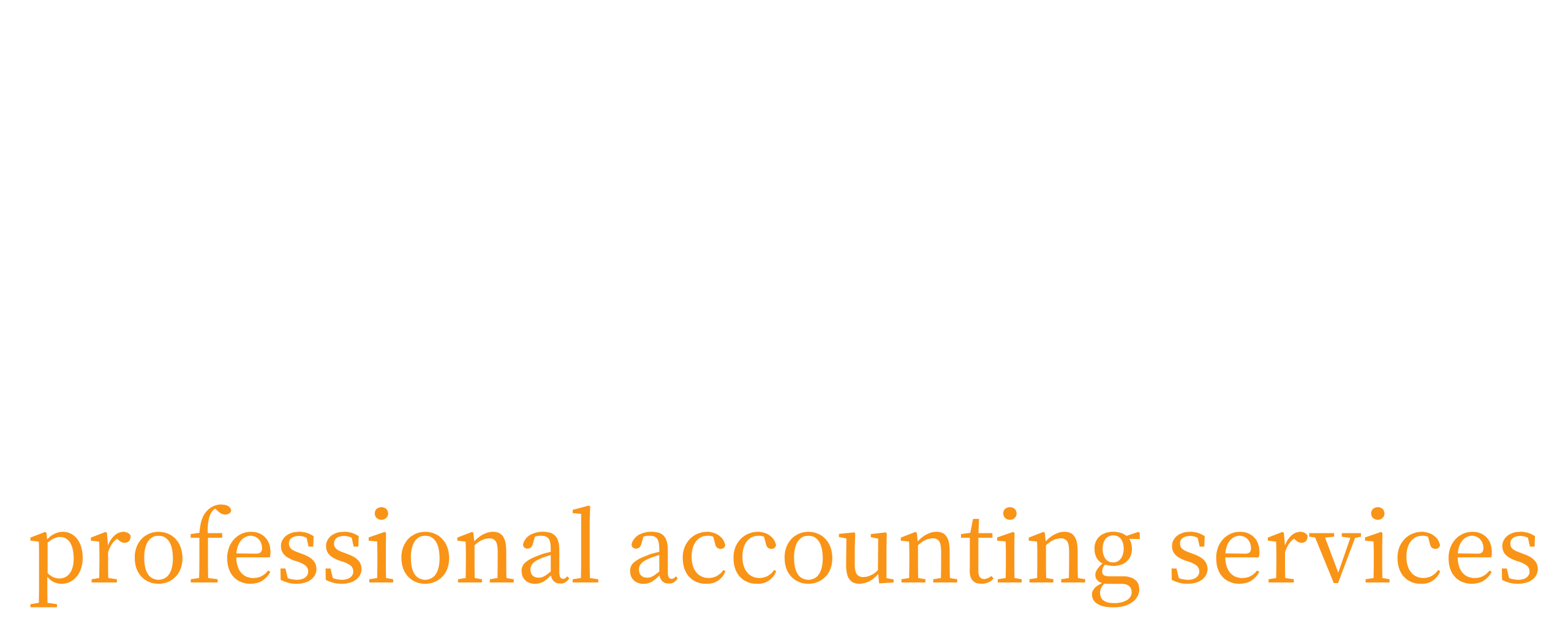
To avoid triggering a Canada Revenue Agency (CRA) audit when claiming meals and entertainment expenses, it’s essential to ensure that your claims are legitimate, well-documented, and within the CRA’s guidelines. Here are some tips:
1. Understand CRA Rules for Meals and Entertainment
- The CRA typically allows you to deduct 50% of meals and entertainment expenses incurred for business purposes.
- Exceptions may apply (e.g., expenses for certain charity events or meal allowances for employees in remote areas).
2. Maintain Detailed Records
Proper documentation is critical to avoid red flags:
- Receipts: Keep original receipts with the breakdown of items (not just credit card slips).
- Purpose of the Expense: Clearly document the business purpose of the meal or entertainment.
- Attendees: Record who attended (names, their relationship to your business, e.g., client, potential client, or employee).
3. Ensure Business-Related Nature
- Meals and entertainment expenses must directly relate to earning income for the business.
- Avoid claiming purely personal meals or entertainment.
4. Don’t Over-Claim
- Ensure the amount claimed is reasonable. Excessive or frequent claims for expensive meals, high-end entertainment, or events might draw scrutiny.
- Avoid claiming 100% of the expense unless it qualifies for a specific exemption under CRA rules.
5. Segregate Personal and Business Expenses
- Clearly separate personal and business expenses. Do not mix them.
- Use a dedicated business credit card to make it easier to distinguish expenses.
6. Claim Only Allowable Events
- CRA disallows costs related to club memberships for golf, recreation, or dining, even if used for business purposes.
- Be cautious with tickets to events (e.g., concerts or sports games). Document the business purpose.
7. Use Accounting Software
- Use reliable accounting software to track and categorize meals and entertainment expenses properly.
- Regularly reconcile your records to ensure consistency.
8. Stay Within Industry Norms
- CRA may compare your expenses with typical claims for similar businesses. Significant deviations might raise questions.
9. Seek Professional Advice
- Consult a tax professional or accountant to review your claims and ensure compliance with CRA rules.
- They can help identify allowable expenses and avoid errors that could trigger an audit.
10. Be Prepared for an Audit
- Even with proper documentation, audits can happen. Ensure your records are accessible, clear, and complete.
- Respond promptly and professionally to any CRA inquiries.
By adhering to these practices, you can minimize the risk of an audit and ensure your meal and entertainment claims are compliant with CRA regulations. If you need assistance, contact us here for expert help.
For more information, visit the CRA website, which provides comprehensive details about audits. Click this link to access it.
